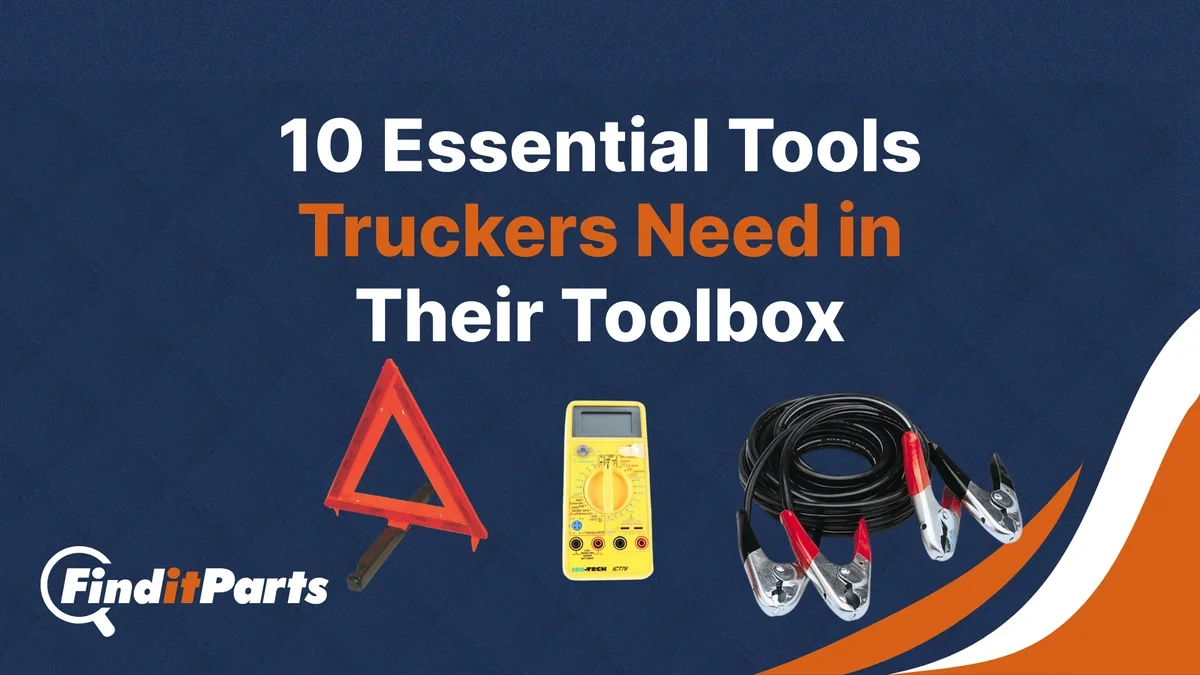Need help? We're here!
(888) 312-8812 Login SignupA Good Supplier Is an Invaluable Resource
January 05, 2023

In the life of a fleet manager, hardly a day goes by without the need to work closely with suppliers of products and services, including vehicles, parts, maintenance, fuel, and technology. Productive supplier relationships yield measurable benefits in favorable pricing, on-time deliveries, and added value from access to needed expertise.
Still, noted Work Truck magazine in 5 Keys to Managing Effective Fleet Supplier Relationships, supplier relationships are a balancing act.
“So, how do fleet managers strike the right balance to maximize relationships with suppliers?” they asked. The answer is in these things to keep in mind:
1. Open, honest, ongoing communication
Open communication may be easier said than done but regular meetings with suppliers help cultivate trust and promote mutual support. Establishing consistent communication channels can also prevent issues related to procurement delays or poor stock control. Some of these challenges often point to signs of poor inventory management, which can disrupt the supply chain and affect fleet operations.
2. Collaboration
A benefit for both suppliers and their customers, efforts to discuss product development and service needs lead to more effective solutions. Collaborative planning also ensures systems remain aligned, especially as more fleets adopt digital platforms. Many organizations are now seeing the benefits of integrating fleet management and supplier systems to streamline procurement, improve visibility, and strengthen supplier performance across departments.
3. Accountability
Establishing contracts that require both parties to achieve pre-determined objectives keeps costs in line and ensures programs remain on track toward meeting needs. Accountability also goes hand in hand with data transparency. As fleets move outside traditional channels to find parts, supplier accountability becomes even more critical in ensuring quality, consistency, and timely delivery.
4. Relationships with higher-level contacts
What do you do when the contact person with a supplier keeps changing? Employee turnover is natural, but at the same time, establishing relationships at a higher level is a key to maintaining service level continuity. When possible, engage with management or account supervisors who can ensure that your company’s needs continue to be prioritized even through staff changes.
Building long-term partnerships often includes training and upskilling for internal teams. Suppliers who value education understand the importance of training parts personnel to enhance product knowledge, improve service accuracy, and foster stronger collaboration between fleet and supplier representatives.
5. Clear expectations
What if things aren’t going well with a supplier? When should a fleet manager pull the plug on the relationship and move on? The simple answer is when there’s a clear reduction in the delivery of service, or worse, a lack of concern or response over poor performance. Still, it’s important to understand that anybody can have a hiccup. It’s when a relationship is no longer a two-way street that it’s time to ask if it can continue working.
Modern suppliers that embrace innovation tend to maintain stronger partnerships with fleets. Businesses that focus on e-commerce technology as a competitive advantage not only simplify ordering and communication but also deliver efficiency and responsiveness that traditional systems can’t match.
Balancing internal relationships is important as well
In some fleet operations, increasing demands to control spending have led to increasing involvement by purchasing professionals when it comes to sourcing vehicles and parts. This new dynamic for service managers makes it vital to form strategic partnerships between experts in fleet and procurement disciplines.
That subject was the message in a paper from the NAFA Foundation, a not-for-profit charitable organization formed by the NAFA Fleet Management Association to support the fleet industry.
“It has been said that fleet and procurement speak different languages,” the paper noted. “What this really refers to are the different metrics by which their performance is measured.”
Traditionally, procurement’s key performance indicators for fleets are:
- Cost savings
- Improved quality
- Procurement efficiency
- Transportation improvements
Meanwhile, fleet managers operate on a different set of performance indicators:
- Vehicle downtime
- Maintenance and repair shop productivity
- Safety, including the cost of accidents
- Sustainability
- Total cost of ownership
An ideal partnership between procurement and fleet requires knowledge of and sensitivity to the demands and goals of each discipline, NAFA added. Fleet and procurement need to understand that both sets of metrics are necessary to achieve the long-term goals of their organization.
FinditParts is the largest single-source Internet distributor of heavy duty OEM and aftermarket parts. FinditParts is your partner in keeping your heavy duty truck on the road.



